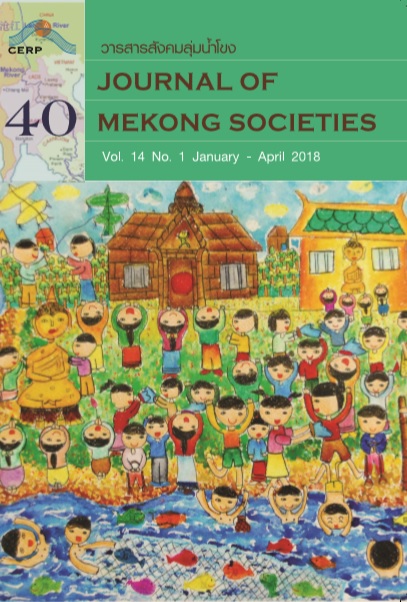The Use of Social Capital in Organizing the Frog Festival of Baying Village in the Context of Cultural Tourism Development
Main Article Content
Abstract
This article deals with the use of social capital in organizing the Frog Festival in a Zhuang ethnic village in China amidst the expansion of cultural tourism. The data used were drawn from qualitative research in Baying Village, Donglan District, Hechi City, Guangxi Zhuang Autonomous Region, People’s Republic of China. Key informant interviews as well as participant and non-participant observations were the main data collection techniques employed in the field research. The study found that there are three forms of social capital-namely, networks, norms, and trust-employed in the organization of the Frog Festival, which has become a part of China’s cultural tourism development. Social capital in the form of networks includes bonding networks among relatives, bridging networks between Baying residents and Zhuang outside the village, and linking networks between Baying villagers and the state as well as agencies from outside. Of the three forms of network, bonding is the most important because it connects not only those who have genealogical relationships, but also Zhuang dwellers from nearby villages to actively take part in organizing the festival. The research also indicates key roles of the other two categories of social capital-norms and trust-used in the organization of the Frog Festival which have allowed for its success in Baying and generated strong social networks.


